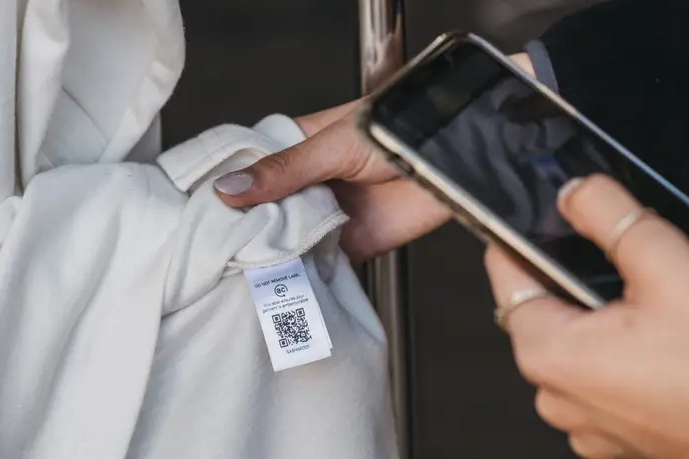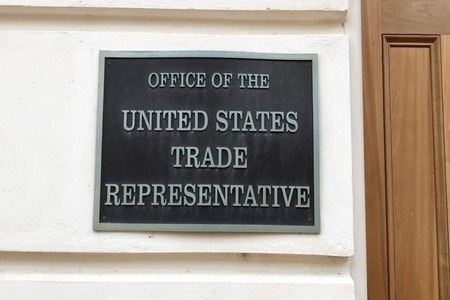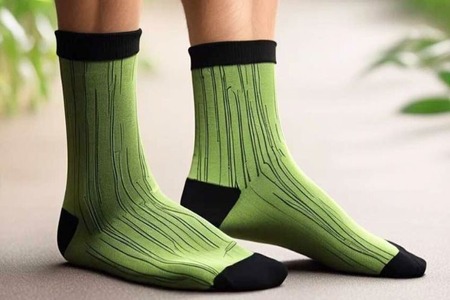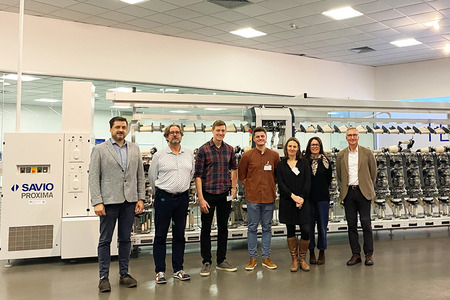
Avery Dennison & Ambercycle launches a digital care label for apparel
YarnsandFibers News Bureau 2021-05-31 07:51:47 – USAAvery Dennison is partnering with Ambercycle, a post-consumer garment recycler located in Los Angeles, to launch a new type of digital care label that promotes a more sustainable garment supply chain.
The "digital care label solution" adds a new digital component and meaning to reading clothing labels, which is becoming increasingly necessary in order to lessen the danger of garments ending up in landfills.
Each Ambercycle garment now has a QR code that connects to an Avery Dennison app that explains how that specific garment was made and how it should be cared for.
Consumers benefit from care labels, which are required on all clothing sold lawfully. They are also important for recyclers and resellers. The new feature enables supply chain traceability and transparency, as well as providing a new digital revenue stream for businesses by allowing them to promote additional items to customers through the app.
To transmit product information such as washing instructions and material composition, all clothes sold must include a physical care and content label. This information is useful not just to customers, but also to recyclers and resellers since it enables them to quickly determine what the garment is composed of after the original owner has discarded it.
Global senior sustainability manager, at Avery Dennison, Sarah Swenson, said consumers may learn about their garment's history, examine how it was created, and comprehend the environmental advantages of their purchase because of these labels.
Sarah adds when the customer no longer needs the item, they can scan the QR code to learn more about how to properly dispose of it. If customers return the clothing to Ambercycle in this situation, it will be recycled into new material. Brands may benefit from having more data, both in terms of shopper involvement and in terms of knowing how many things are left in the circular economy.
Ambercycle, which turns end-of-life textile "waste" into new yarns for garment companies and manufacturers, is Avery Dennison's first digital care label partner. Its clothing is made from polyester fabrics that were intended for the trash and can be processed in the same way as virgin yarns by garment makers.
CEO of Ambercycle, Shay Sethi, said end-of-life textile apparel serves as our starting point for creating new Cycora™ yarns and textiles. The early identification and sorting of different types of textiles to identify the optimum end-of-life solutions is a crucial problem in this procedure. A digital care label is critical to adopting the greater goal of circularity, as it allows them to regenerate in a more simplified and scalable manner.
Director of digitalization, Avery Dennison RBIS, Michael Hu added brands want to increase consumer engagement while reducing their environmental effect. This enables the fashion sector to utilize the garment as a platform for a new type of storytelling. Avery Dennison is offering a complete solution, including a physical trigger that leads to a digital experience, a data platform, and applications for brands, customers, and the garment sector as a whole.
The partnership is intended to be the first in a succession of collaborations that will demonstrate the company's commitment to a circular garment supply chain and help it achieve its 2030 sustainability goals.
Market Intelligence
Ask for free sample Report

experience
Customer Base
dedicated team
Countries Served Worldwide









